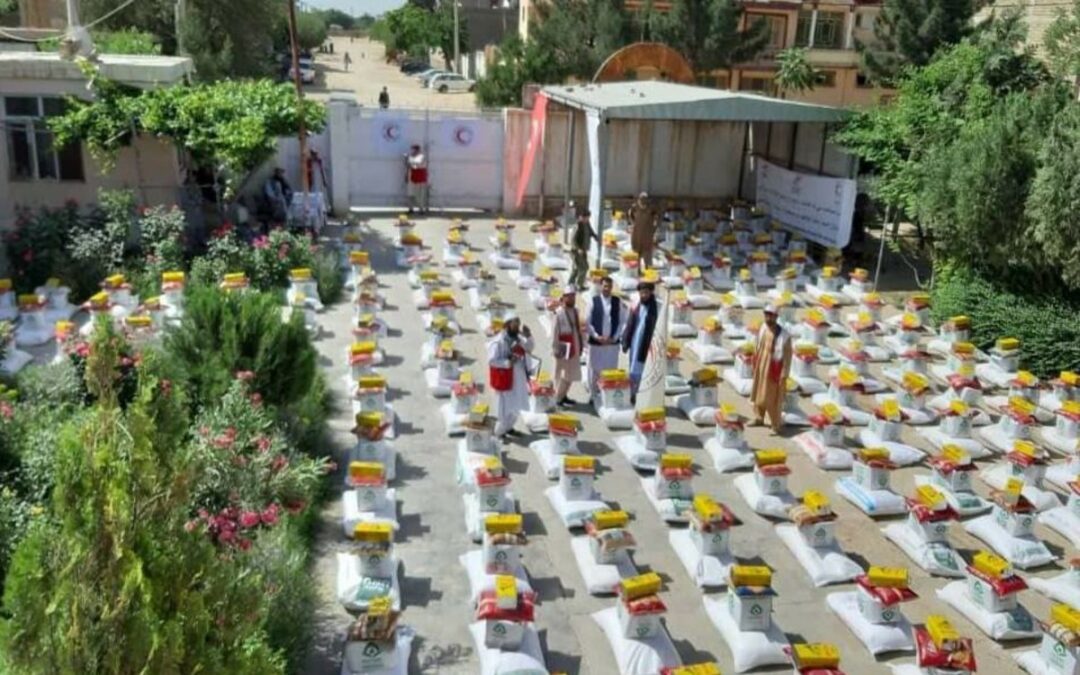The World Food Program (WFP) made an urgent plea on Tuesday for $110 million to facilitate food delivery to Afghanistan’s remote regions.
The spokesperson for the organization warned that if this funding isn’t secured prior to the onset of winter, the WFP will have no choice but to curtail its assistance to Afghanistan’s population.
Wahidullah Inami, the WFP spokesperson in Afghanistan, stated that with the required funds, they can distribute essential supplies to these areas before the arrival of winter when road access becomes restricted.
Inami explained, “In the absence of this aid, the World Food Program will be compelled to further reduce its relief efforts in the coming weeks, which will, unfortunately, lead to a decrease in the number of beneficiaries within our program.”
According to the United Nations, Afghanistan has witnessed an escalation in poverty over the past two years, with nearly 29 million citizens requiring assistance.
Residents in Kabul have shared their hardships, describing how they toil from morning till evening along the city’s roadsides, barely managing to secure meager earnings.
Omar, a Kabul resident, expressed, “I work alongside the road for five or six hours. The days are challenging, and over the past two years, employment opportunities have been scarce. There is an abundance of poverty, and people are struggling to find work.”
Mohammad Dawood, another resident of Kabul, added, “I start working in the morning at dawn, earning 10 or 20 Afghanis. Work is inconsistent; some days there’s something, some days there isn’t. Sometimes, I leave with 10 Afghanis and return with only five.”
The United Nations’ Food and Agriculture Organization, with generous support from Japan, has initiated initiatives aimed at alleviating poverty and addressing food insecurity in Afghanistan.
The Noorgul Canal project in Kunar Province is among these endeavors, funded at a cost of $9.5 million from Japan’s JICA. This project is expected to benefit over 12,000 impoverished individuals in the region.
A representative from the Food and Agriculture Organization noted that the project would provide crucial support to destitute farmers and residents of Kunar who lack adequate food security.
This year, floods and infestations of Moroccan locusts have wreaked havoc on farmers in various Afghan provinces. Consequently, a significant number of rural farmers across the country are grappling with economic difficulties and poverty.





